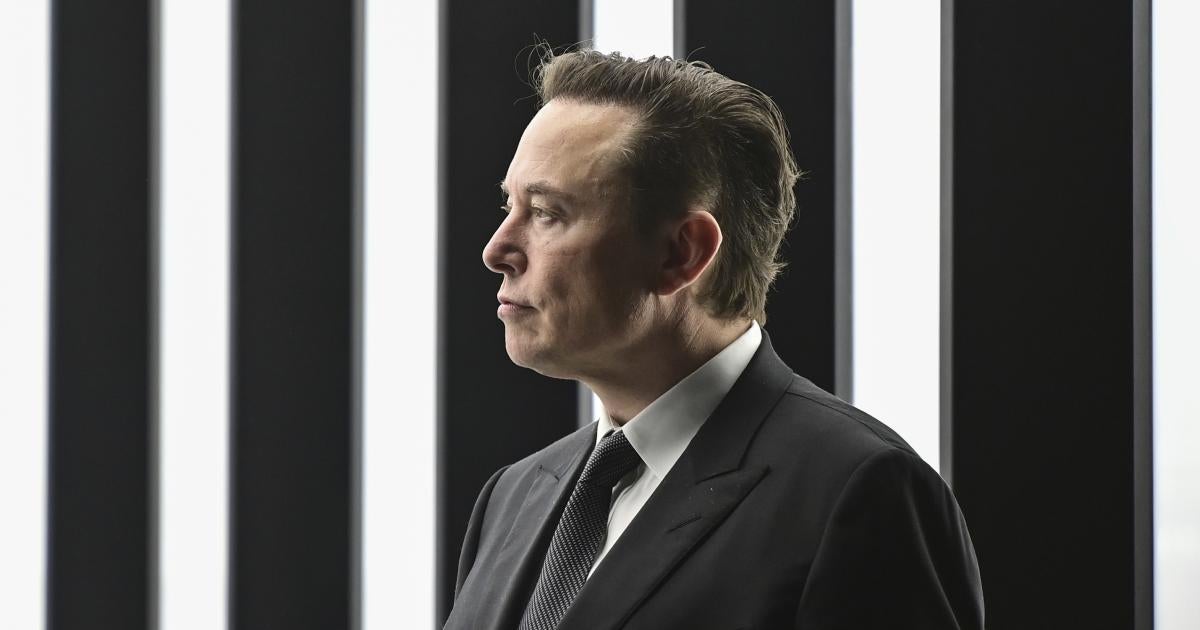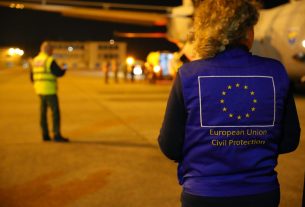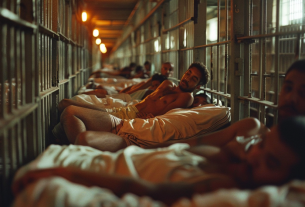Twitter has suspended several journalists from its social media platform, threatening media freedom. It is yet another worrying step for the company under new owner Elon Musk, whose changes can perhaps best be described as a bowl of chaos with a side order of human rights concerns. Decisions about content moderation and account suspension have far-reaching consequences for people’s rights and safety – we have already seen that harassment on the platform can lead to violence offline. Communities that are already marginalized are disproportionately affected.
At least seven journalists, from the New York Times, Washington Post, CNN, and others, were suspended for an indefinite period after they had written or tweeted about services that track aircraft, including Musk’s private jet. Flight trackers share publicly available, if sometimes tricky to interpret, data to follow the flights of private planes of leaders and oligarchs. Twitter banned 25 such accounts yesterday.
Musk tweeted, “Criticizing me all day long is totally fine, but doxing my real-time location and endangering my family is not.”
But removing these accounts is difficult to defend based on concerns about privacy or security alone. Flight data is publicly available elsewhere and Musk is a public figure whose businesses and government connections are in the public interest. If flight trackers reveal his location, it is information that has always been publicly accessible and any risk to his safety is not coming from people’s tweets.
Suspending the accounts of journalists who have covered Musk or Twitter is a threat to media freedom and risks chilling reporting by others. It also sends a worrying signal to governments that use social media regulation to silence dissent. Like any company, Twitter has a responsibility to respect human rights and remedy abuses under the United Nations Guiding Principles on Business and Human Rights. Actions that companies take should be in line with international human rights standards, conducted in a transparent and accountable way, and enforced in a consistent manner. What we’re currently seeing is the very opposite of that.
Twitter may be a relatively small company, but its impact is important to many people, organizations, businesses, and countries. Control over the speech of millions should not be up to the whims or momentary frustrations of a single individual. As Human Rights Watch keeps saying, these critical platforms need more democratic oversight.



